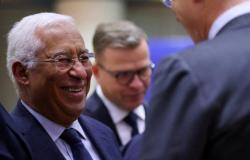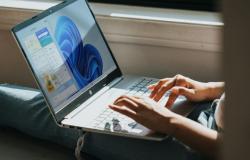If the main risk of catching diseases is advancing age, then why not fight against age? This is the challenge of geroscience, a new public health approach.
“Wow, you really don’t look your age!” » What if this cliché was more intelligent than it seems? Because it’s proven: you can be the same age as someone and yet be older than them. “We should not confuse the biological process with our chronological age, which measures the time spent on Earth,” explains Bruno Vellas, professor at IHU HealthAge, the institute created by Toulouse University Hospital dedicated to aging. We will “soon be able to measure this “biological age,” promises Bruno Vellas. Second good news: “for a long time, we believed that it was an unmodifiable factor. Whereas we now know that we can act on age. »
Old age: the mother of all diseases
The biological mechanisms of aging can be modulated, this is the starting postulate of geroscience. Age as the main risk factor, particularly chronic diseases, its main challenge. Because if the same mechanisms are at the origin of diabetes, cancers, cardiovascular or neurodegenerative diseases, then it is better to stop these mechanisms rather than treating each pathology separately.
The concept of geroscience is recent: it was installed by the doctor Felipe Sierra in 2016, then director of the division on aging at the NIH in Washington and who will join the IHU in Toulouse in 2020 for two years. No major scientific discovery marks the “birth certificate” of geroscience, but rather the need for a new interdisciplinary approach to understand the relationship between aging and age-related pathologies.
We told them, see you in 10 years…
With Bruno Vellas, Felipe Sierra coordinates the INSPIRE research program. With cohorts of 1,500 mice, among the largest in the world, of Killi fishes, but above all 1,080 people aged 20 to 100, on whom we study clinical aging, a unique approach. Over 10 years, these people will carry out an assessment of their abilities in six main functions every 6 months: vision, hearing, memory, mobility, nutrition and psychological well-being. “Then we take biological samples from them in order to create biobanks and identify the biological markers of aging,” explains Sophie Guyonnet, who currently coordinates INSPIRE.
As a collaborating center of the World Health Organization (WHO), the Gérontopôle is also carrying out another large-scale project: the ICOPE program, tested on 54,000 people in the Occitanie region. It is an application that collects data from the target population and measures their abilities in the six main functions. As soon as a function shows a sign of alteration, a nurse will visit the person to carry out an in-depth assessment, which can then lead to a course of care decided by a doctor. A way to anticipate alterations in functions before they transform into chronic pathology.
Senescence, or how to prevent it from degenerating
Jean-Marc Brondello, researcher at Inserm, leads a team working on senotherapy, a protocol that would target senescent cells, partly responsible for aging. It is fully part of the geroscience approach. “Senescent cells are involved in tissue repair. But the more biological age increases, the less they are eliminated by the immune system. They accumulate and cause tissue damage,” he explains. Senotherapy could then not prevent diseases, but treat them well in advance of symptoms, by carrying out check-ups from the age of 50. “Cancer is a senescent cell that proliferates. Targeting these cells is the first step in treating cancer. »
For Bruno Vellas, “geroscience as a new practice of medicine towards prevention will become essential. Because the current system is collapsing. » Provided that you put in the resources, Jean-Marc Brondello adds: “What Toulouse is doing is good. There is still a need for unity between clinicians and basic research. France is behind the United States, which invests a lot, because in Silicon Valley they are too afraid of dying. » Sophie Guyonnet, who teaches the first class of students in the “Healthy aging and geroscience” course at the University of Toulouse, is more optimistic: “on geroscience as such, we are the first and we are moving forward quickly. This can only grow, given the certain impact it will have on public health. »






